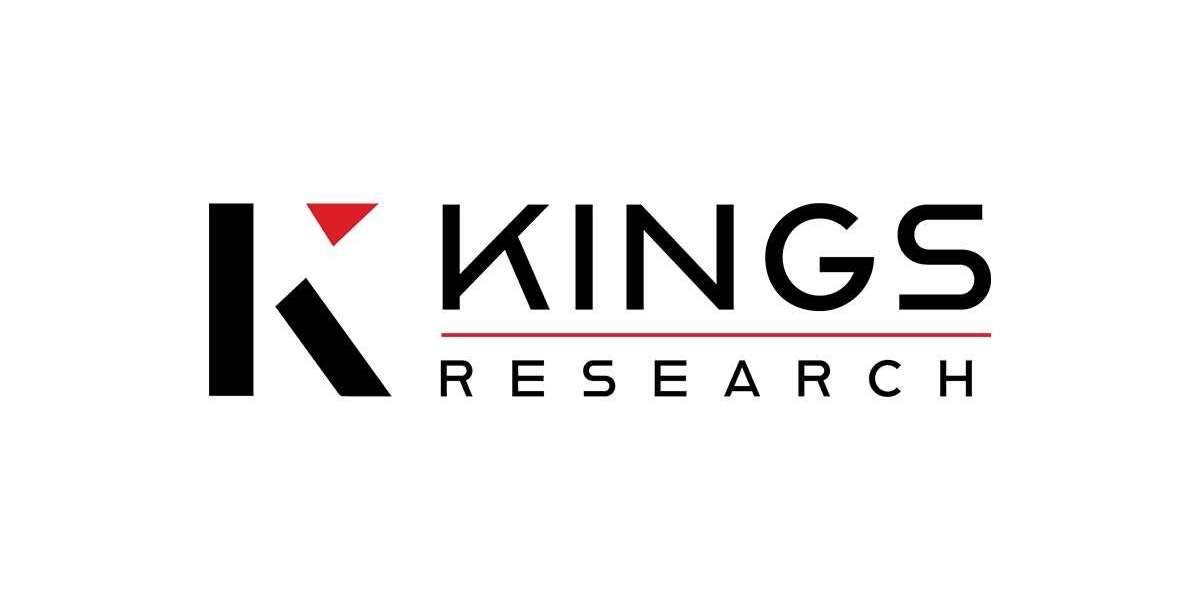Improving energy efficiency in the production and use of chemical products is a key focus area for the industry, driven by the need to reduce environmental impact, optimize resource utilization, and meet sustainability goals. Chemical companies are increasingly investing in research and innovation to develop products and processes that minimize energy consumption and greenhouse gas emissions while maintaining high performance standards.
One approach to enhancing energy efficiency in chemical products is through the development of novel materials with improved energy-saving properties. Advanced materials such as insulating foams, lightweight composites, and energy-efficient coatings are designed to enhance thermal insulation, reduce energy losses, and increase the overall efficiency of buildings, vehicles, and industrial processes. These materials contribute to lower energy consumption, decreased carbon footprint, and cost savings for end-users.
Furthermore, the optimization of chemical processes plays a crucial role in enhancing energy efficiency across the value chain. Chemical companies are implementing innovative technologies such as process intensification, heat integration, and catalytic conversion to reduce energy requirements, minimize waste generation, and increase overall process efficiency. By optimizing production processes, companies can achieve significant energy savings, improve sustainability performance, and enhance competitiveness in the market.
Another avenue for enhancing energy efficiency in chemical products is through the development of eco-friendly formulations and additives. Companies are introducing bio-based ingredients, renewable raw materials, and environmentally friendly additives to replace traditional, energy-intensive components in products such as lubricants, detergents, and polymers. These sustainable alternatives not only reduce the carbon footprint of chemical products but also meet the growing demand for environmentally conscious solutions among consumers and businesses.
Moreover, digital technologies and data analytics are being leveraged to optimize energy usage and monitor performance in chemical manufacturing processes. Real-time monitoring, predictive maintenance, and energy management systems enable companies to identify energy inefficiencies, optimize equipment utilization, and implement energy-saving measures proactively. By harnessing the power of data-driven insights, chemical companies can drive continuous improvement in energy efficiency and sustainability across their operations.
In conclusion, enhancing energy efficiency in chemical products is a critical priority for the industry to mitigate climate change, reduce energy costs, and meet evolving regulatory requirements. Through innovation, process optimization, sustainable formulations, and digital solutions, chemical companies are driving advancements in energy-efficient products that not only deliver superior performance but also contribute to a more sustainable and environmentally responsible future.






